For as long as teaching has been around, there have always been debates about the best way to teach reading to young learners. From basal readers, structured literacy to balanced literacy…the debate goes on!
This year I’m beginning my 20th year and I am certain that teaching reading through phonics sets students up for the most success.
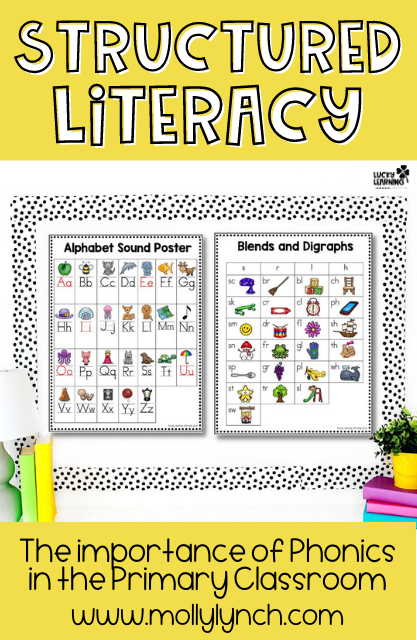
I’ve taught hundreds of students how to read over the years and it ALL began with phonics.
In full transparency, I had absolutely no clue what I was doing in those early years. Yes, I was “teaching phonics” but it was very makeshift.
“Hmmm today, we’ll learn about the short e and then maybe tomorrow we will look at that bossy r”
Molly Lynch, circa 2003
I look back and cringe when I think about my lack of knowledge {and that a classful of students may or may not have learned to read!}
However, to be fair, I had no guidance! Yes, I had an amazing partner who helped me wade through those tricky first years, but we had NO curriculum! We were building the plane as we flying it!
Related: Short Vowel Games & Activities
Over the years I discovered the many important tenets of a great small group lesson, based on phonics.
There is TONS of research out there about just why it is so important to focus on phonics. One of my favorite resources is the Reading Rockets website. The “masters” of phonics instructions, Lousia Molts + Carol Tolman, share many articles about all things literacy {and there are other great articles, too!}
Since I do have two decades of teaching kiddos to read {and never waivered from Phonics even when our school district brought in good ‘ol LC Units of Study} I’m sharing my must-dos in the classroom.

Phonemic Awareness Activities
Phonemic awareness is the ability to focus on and manipulate individual sounds {phonemes} in spoken words. When phonemes are put together, words are made! For example, the word pig has three phonemes /p/ /i/ /g/ Although our alphabet has just 26 letters, there are 44 phonemes!
Building phonemic awareness is important for young learners because it’s the foundation for skills other than reading, including spelling and word recognition.
Since a strong phonemic awareness correlates with a child’s success in reading, you can see just how important this skill is!
Every day in the primary classroom should have quick activities to work on phonemic awareness. These 5-10 minute “lessons” will give your students a chance to practice these important foundational reading skills.
A few ideas:
• Make sure your Alphabet and Sound Posters are prominently displayed!
• Play “I Spy” with phonemes. I Spy something that begins with the /sh/ sound!
• Make up Silly Sentences using alliteration. Monkeys make messes on Mondays!
• Read poems and sing songs with rhymes!
• Blend simple words together What word is /l/ /a/ /p/?
• Rhyme words together – the sillier the better!
Free Sound Posters for Classroom
Want a set of FREE Sound Posters to display near your reading table? Grab ’em below!
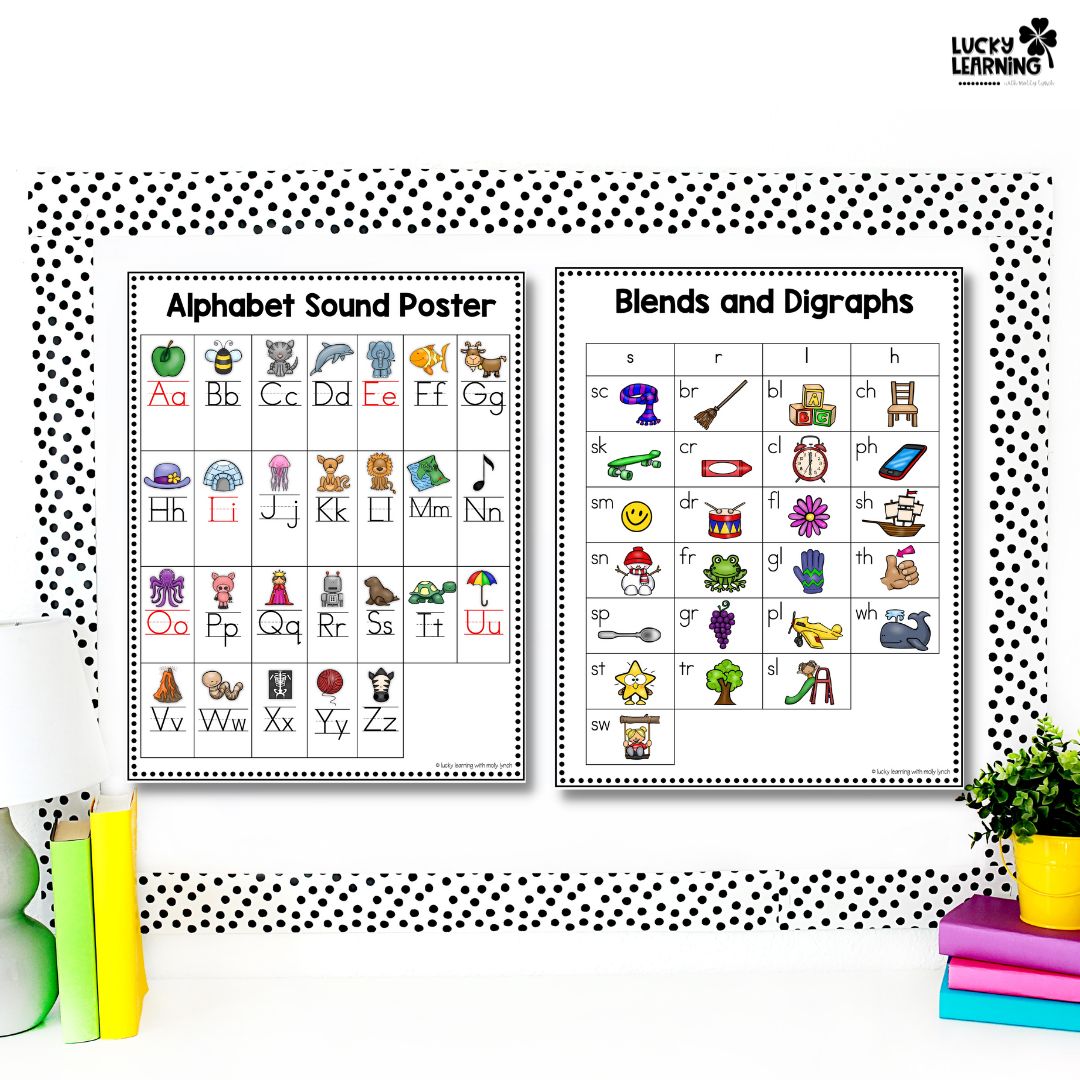
I’ve used Heggarty’s materials for the past few years to help guide daily phonemic awareness. It’s fast-paced and has a similar structure throughout the week so students quickly pick up on the repetition.
Follow a Phonics Scope & Sequence
There are SO many different Phonics Scope & Sequence resources for the primary teacher. Each of these has very similar structures, but they all have a few things in common: they progress from easy to harder and the skills build upon each other.
One of the most well-known Scope & Sequences, LETRS, can be found here. It’s a great visual to see where kids will typically learn the sound for reading and spelling. As always, keep in mind that all kids learn at different paces, so this is simply a guide.
Teach Phonics Daily
I know we are pressed for time in our classrooms, but it is really important that we carve out time each day for explicit phonics instruction. Kids need practice with letters and sounds to eventually put words together when speaking, reading, and writing!
Research has shown that systematic phonics instruction works! Kids who are exposed to phonics are stronger readers and spellers at all levels and phonics instruction greatly improves comprehension as they progress to more challenging texts.
But, we need to spend meaningful time each day teaching phonics.
A few ideas:
• Making Words Lessons. {Honestly, this may be my FAVORITE part of phonics instruction!}
• Practice Segmenting & Blending
• Dictation Sentences
As you move from day-to-day, make sure you are reminding students of sounds you’ve already covered. The hope is that kids will transfer that knowledge from lesson to lesson {but it takes lots of practice and exposure!}
Related: Ending Sounds Games
Use Decodable Texts
As you work on developing phonics skills with your students, you will also want to give your students lots of opportunities to practice reading skill-appropriate texts!
I’ve always been a super-fan of decodables {but not those “decodables” that you find in the book order form}!
I’m talking REAL decodables – where readers can use the knowledge of phonics patterns they’ve gained and can apply it in a book!
I’ve just created a complete 85 day program that you can use in your classroom for structured literacy! Go check it out!
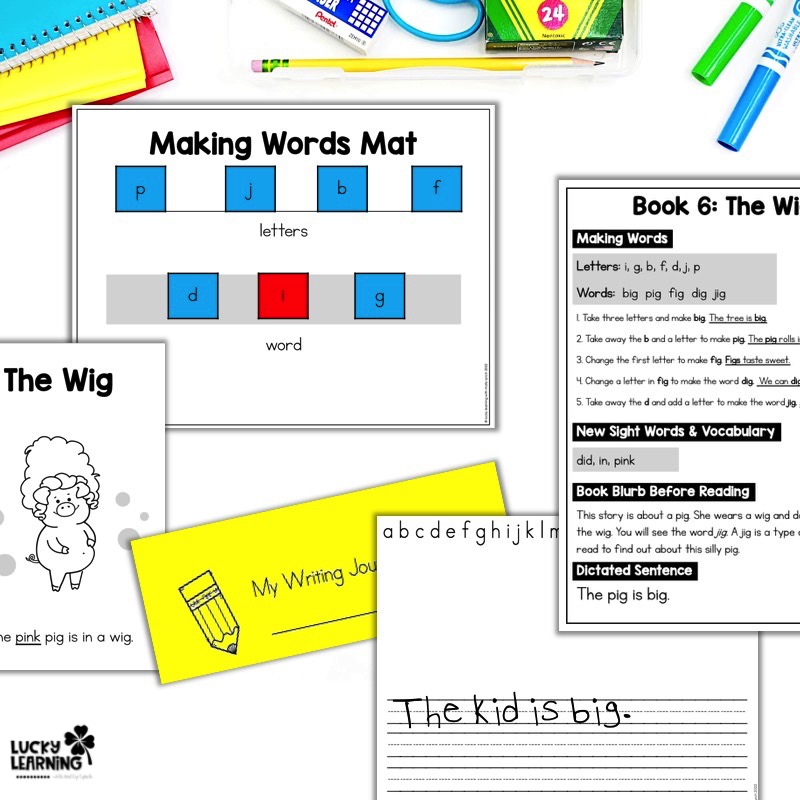
Recap of Structured Literacy in the Classroom
Structured literacy has proven to be an extremely effective route for teaching young students to read!
Focusing on phonics sets up young readers for success. So, be sure to check out the Decodable Readers to make learning to read FUN for your students!
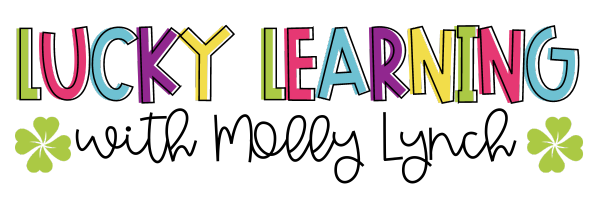

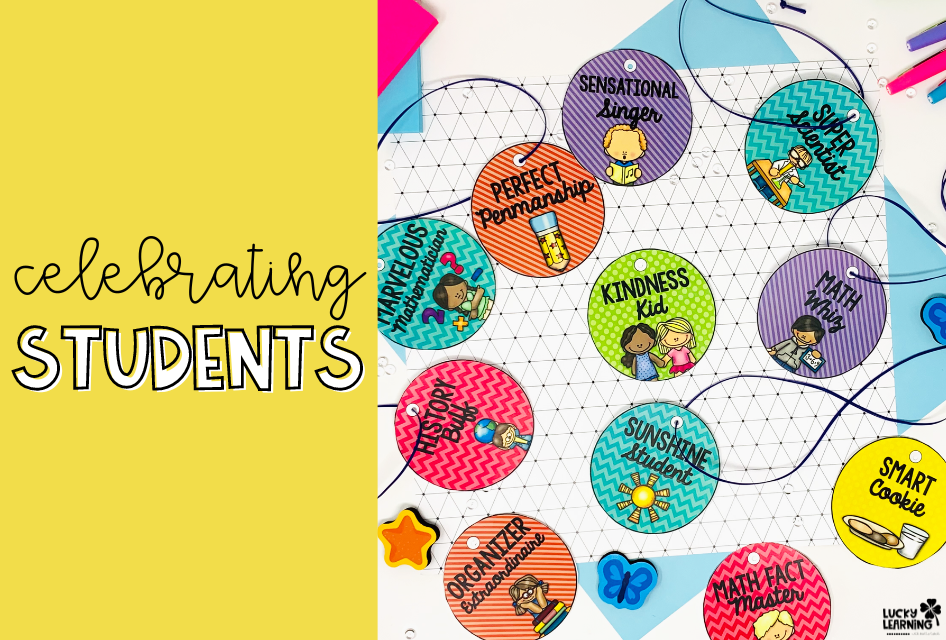
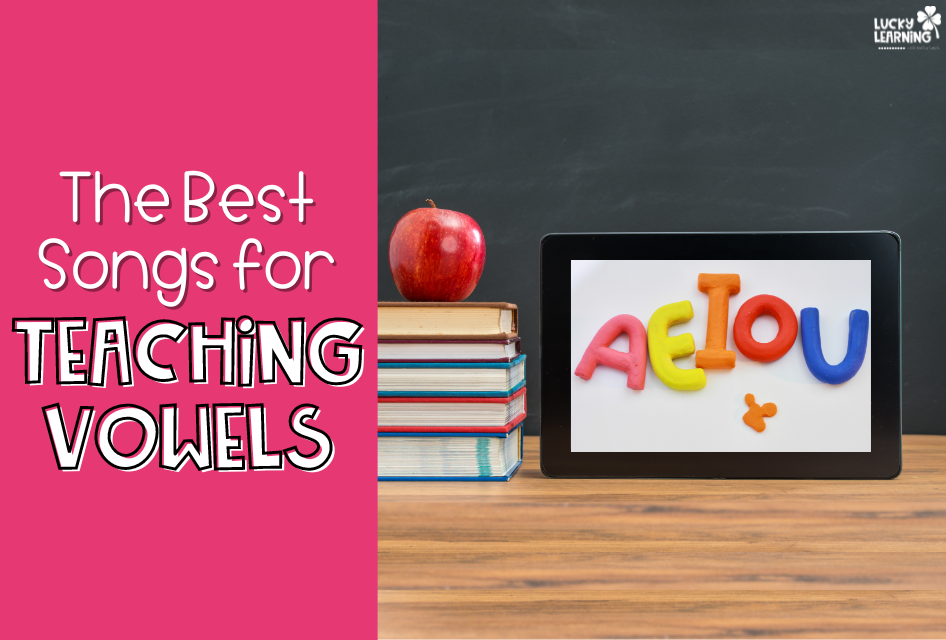
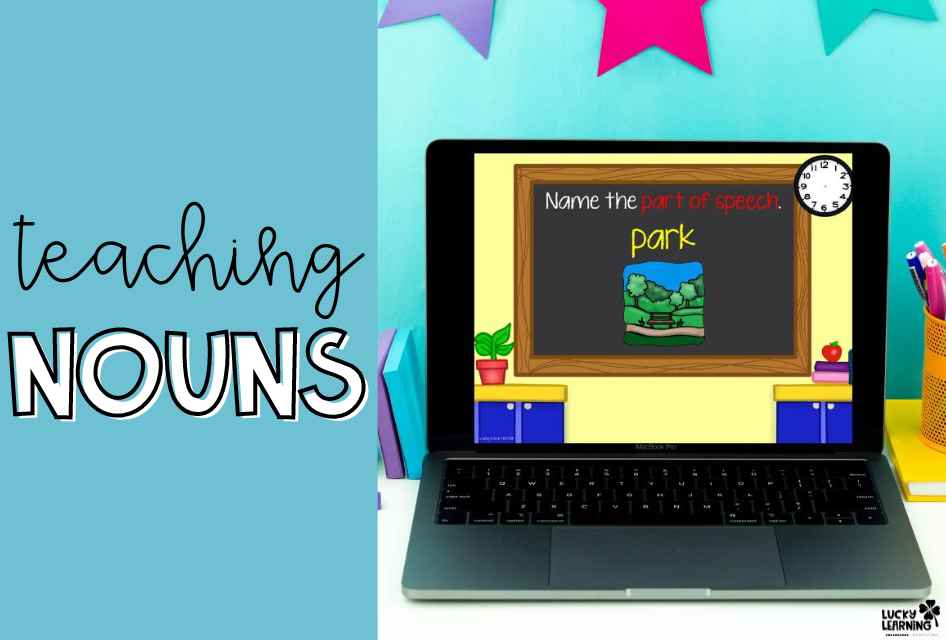

2 Responses
In the first paragraph in the Phonemic Awareness section, you say, “although there are only 26 sounds . . .” Shouldn’t it be 26 letters?
Thank you for a great article that is full of helpful information. It’s just the right length to go back and reread when I need a quick reminder.
Oh boy! Yes – thank you! I just fixed that typo 🙂